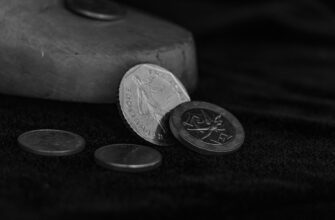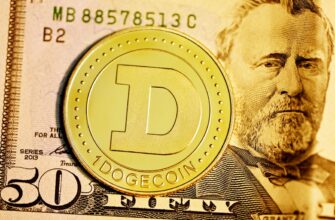As cryptocurrency adoption grows in Brazil, understanding how to properly report Bitcoin gains to the Receita Federal (RFB) is crucial for investors. Failure to comply can result in penalties, interest charges, or even legal consequences. This comprehensive guide breaks down Brazil’s cryptocurrency tax regulations into actionable steps, helping you navigate compliance confidently.
Understanding Bitcoin Taxation in Brazil
Brazil treats cryptocurrencies like Bitcoin as “financial assets” subject to capital gains tax under Normative Instruction 1,888/2019. Taxable events occur when you:
- Sell Bitcoin for fiat currency (BRL)
- Trade Bitcoin for another cryptocurrency
- Use Bitcoin to purchase goods/services
- Receive Bitcoin as payment for services
Holding Bitcoin or transferring between your own wallets isn’t taxable. Gains under R$35,000/month are tax-exempt if all transactions occur on regulated Brazilian exchanges. Exceeding this threshold requires full reporting.
Step-by-Step Guide to Reporting Bitcoin Gains
- Calculate Your Gains: For each transaction: (Sale Price – Purchase Price) – Transaction Fees = Taxable Gain. Use exchange records to determine acquisition costs.
- Apply Tax Rates:
- Short-term gains (assets held ≤ 12 months): Progressive rates from 15% to 22.5% based on gain amount
- Long-term gains (held > 12 months): Flat 15% rate
- File Monthly DARF: Pay taxes via Federal Revenue Collection Document (DARF) by the last business day of the following month. Use code 6015 for crypto assets.
- Annual Declaration: Include all transactions in your DIRPF (Annual Income Tax Return) under “Assets and Rights” using the new cryptocurrency-specific fields.
Essential Reporting Considerations
- Maintain detailed records of every transaction (dates, amounts, wallet addresses, exchange receipts)
- Use RFB-approved software like BitcoinTax or Contabilizei for complex portfolios
- Report losses to offset future gains (carry forward for 5 years)
- Foreign exchange transactions require additional documentation under Bacen Normative Resolution 89
- Decentralized finance (DeFi) activities like staking rewards are taxable as ordinary income
Common Reporting Mistakes to Avoid
- Assuming small transactions are exempt (monthly R$35k threshold applies to TOTAL transactions)
- Neglecting to convert values to BRL using Central Bank exchange rates on transaction dates
- Omitting transaction fees from cost basis calculations
- Missing DARF deadlines (20% penalty + interest applies)
- Failing to report peer-to-peer or international exchange transactions
Frequently Asked Questions (FAQ)
Q: Do I pay taxes if I only hold Bitcoin?
A: No. Taxation only applies when you dispose of Bitcoin through sales, trades, or purchases.
Q: How are Bitcoin mining rewards taxed?
A: Mining income is treated as ordinary revenue, taxed at up to 27.5% under the “Rendimentos de Serviços” category.
Q: What if I lost money on Bitcoin investments?
A: Report losses on your DIRPF. They can offset capital gains from other assets for up to 5 years.
Q: Are there penalties for late reporting?
A: Yes. Minimum 75 BRL fine + 0.33% daily interest on unpaid taxes, plus potential audit risks.
Q: Must I report crypto held on international exchanges?
A: Absolutely. Brazil taxes global income. Use Annexo III of DIRPF for foreign holdings.
Always consult a certified contador (accountant) specializing in cryptocurrency for personalized advice. Stay updated through the RFB’s official portal, as regulations evolve rapidly in Brazil’s digital asset landscape.








